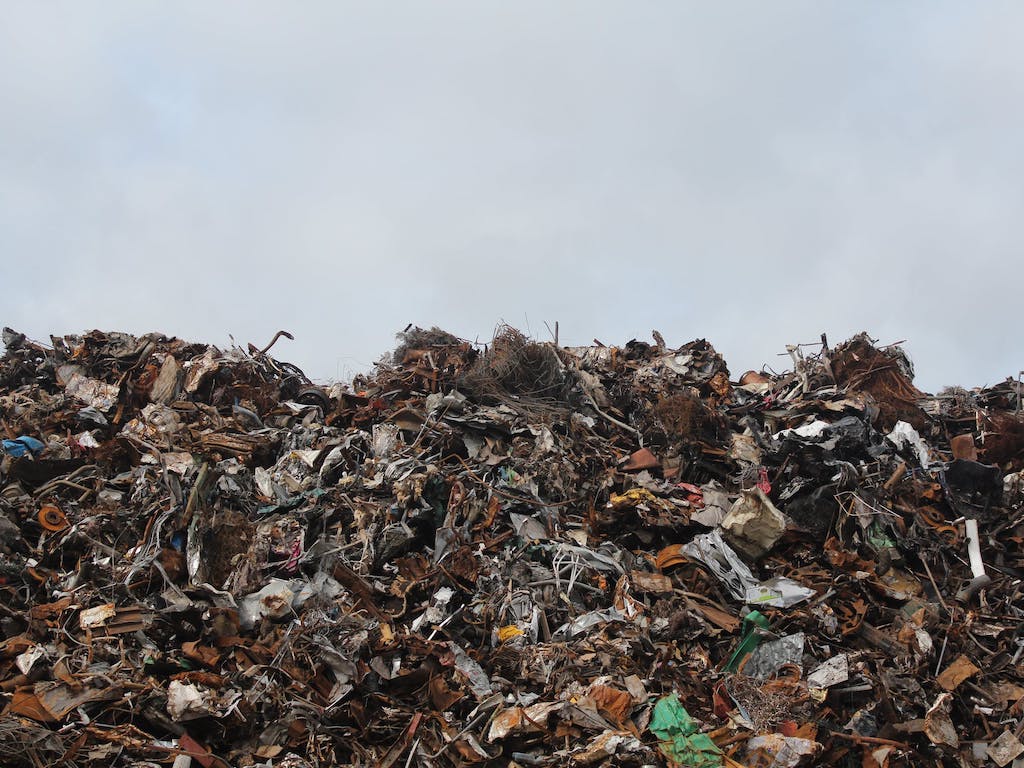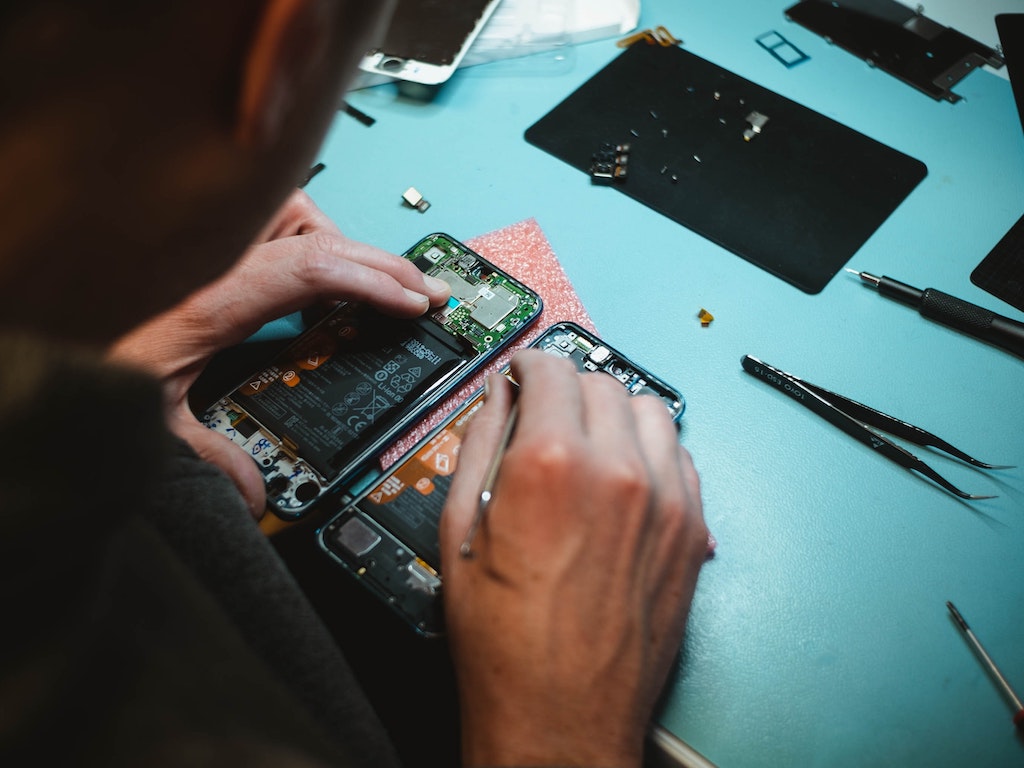3 Mins Read
After years of campaigning, circular economy advocates could soon be celebrating a big win. In the coming days, U.S. president Joe Biden will be directing the Federal Trade Commission (FTC) to draft new “right to repair” rules. For years, brands have restricted repair services to in-store or with authorised agents. This makes it more costly for people to fix their items and encourages people to buy a new one.
According to a Bloomberg report, Biden is set to order the FTC to draw up new “right to repair” rules. This will allow consumers to repair products on their own or at independent stores, rather than having to go back to the original brand. While details about the executive order have yet to be released, reports estimate it’ll be arriving in the “coming days”.
Companies tend to have monopolies over their repair parts, making it more expensive for people to fix broken products. It pushes consumers to replace their items with an entirely new one, fuelling unsustainable consumption. At our current rate, global consumption of biomass, fossil fuels, metals, and minerals will double in the next 40 years—driving us deeper into the climate crisis.
Ending electronic waste
The new rules are said to primarily benefit farmers, who are dealing with significant repair costs from manufacturers of tractors and other farming equipment. But the “right to repair” rules could also extend to tech corporations and their electronic goods.

Tech companies like Apple and Microsoft have come under scrutiny in recent years for their wasteful practices of pushing consumers to buy new products. Both brands have limits on which agents are allowed to fix their branded consoles, laptops, and phones. With the right to repair, consumers will be able to “repair their own equipment how they like,” said White House press secretary Jen Psaki.
White House economic advisor Brian Deese added these rules will mean “greater competition in the economy, in service of lower prices for American families and higher wages for American workers.”
Right to repair movement
The news comes after years of campaigning from “right to repair” activists. Many states have tried to pass repair legislation in the past but ultimately failed due to industry-funded lobbies. Apple and construction machinery giant Caterpillar, for instance, have argued that the law would mean safety risks for consumers.

In other parts of the world, the movement has greater success. In Europe, for instance, campaigns have led to the Commission drafting a plan to force producers to allow consumers to refurbish their items easily.
Proposed last year, the new E.U. Circular Economy Action Plan would also require manufacturers to design longer-lasting products. It covers electronics such as smartphones and laptops, as well as household appliances like dishwashers and TVs.
Wasteful business practices
Aside from preventing consumers from repairing or replacing products, companies are also facing pressure to end other wasteful practices. Recently, Amazon came under fire after investigations revealed how its warehouses were sending returns and unsold items to landfills.
Designer fashion labels have also been guilty of these practices. Burberry has been called out for burning or throwing out stock as a strategy to retain consumer exclusivity. Some countries have taken action, such as France. It has outlawed the burning of unsold goods, ordering brands to redistribute or donate their products instead.
Lead image courtesy of Unsplash.




